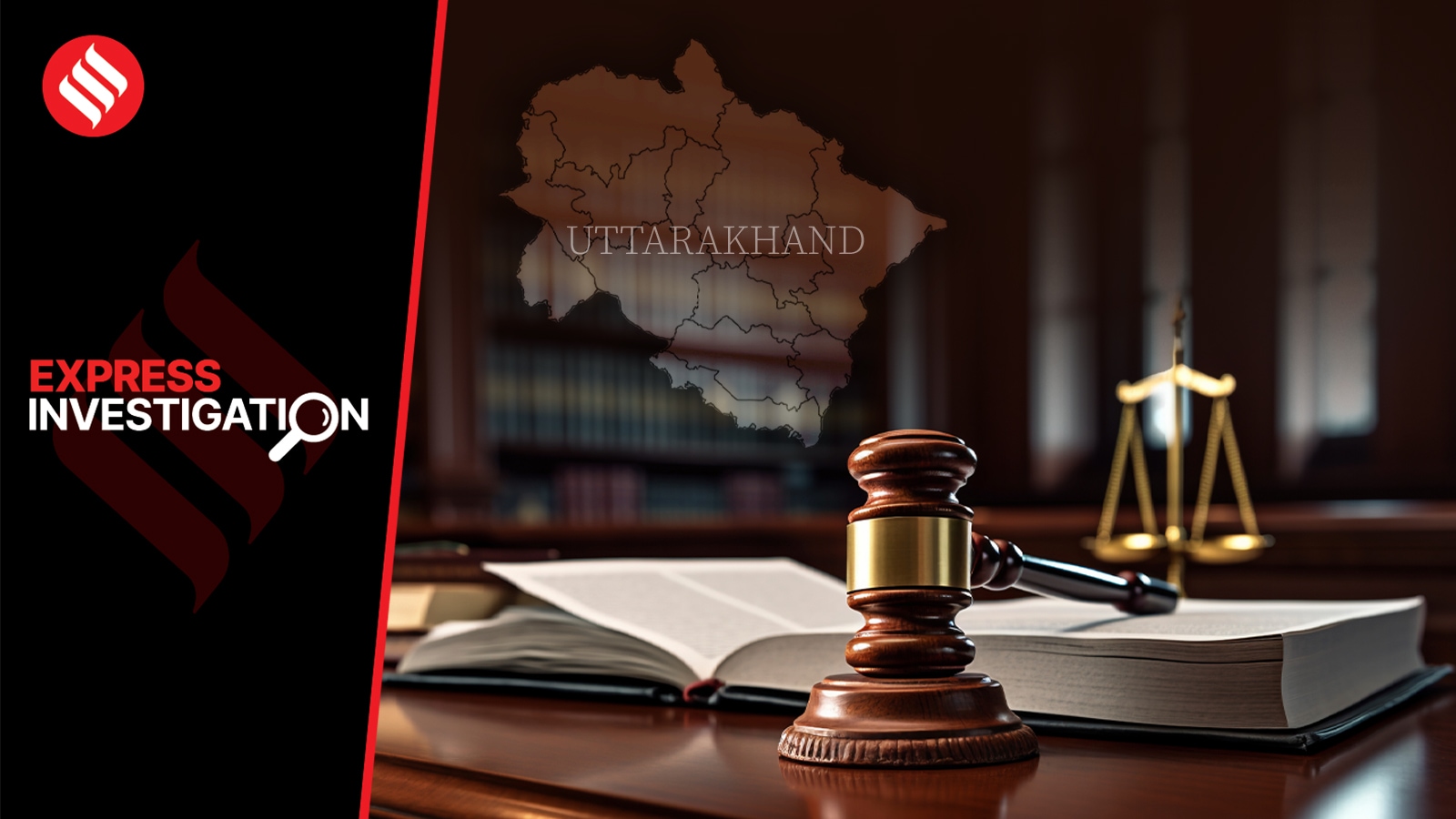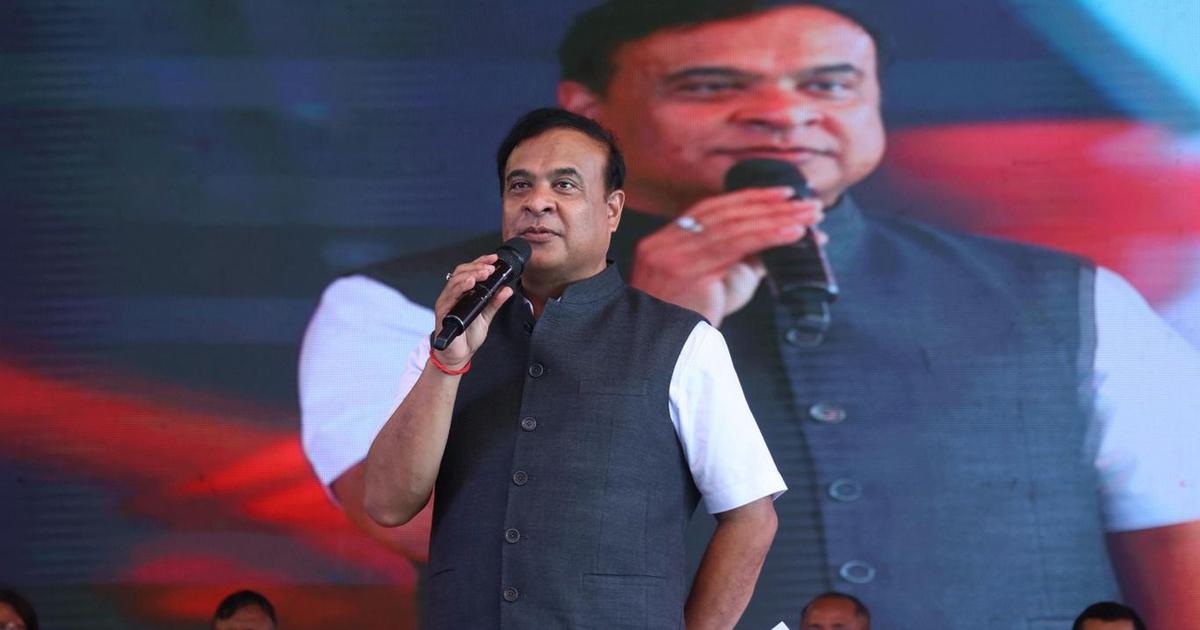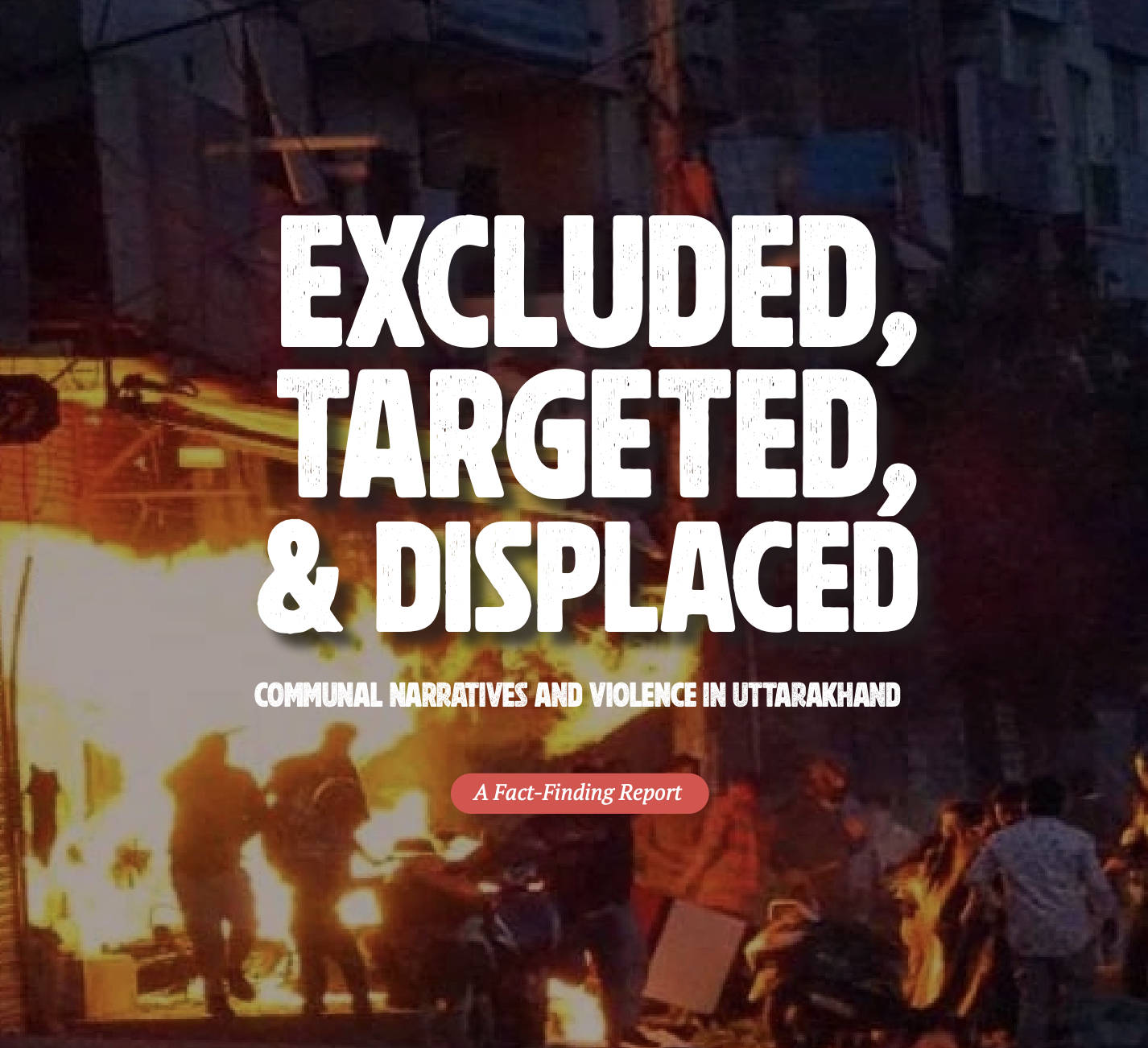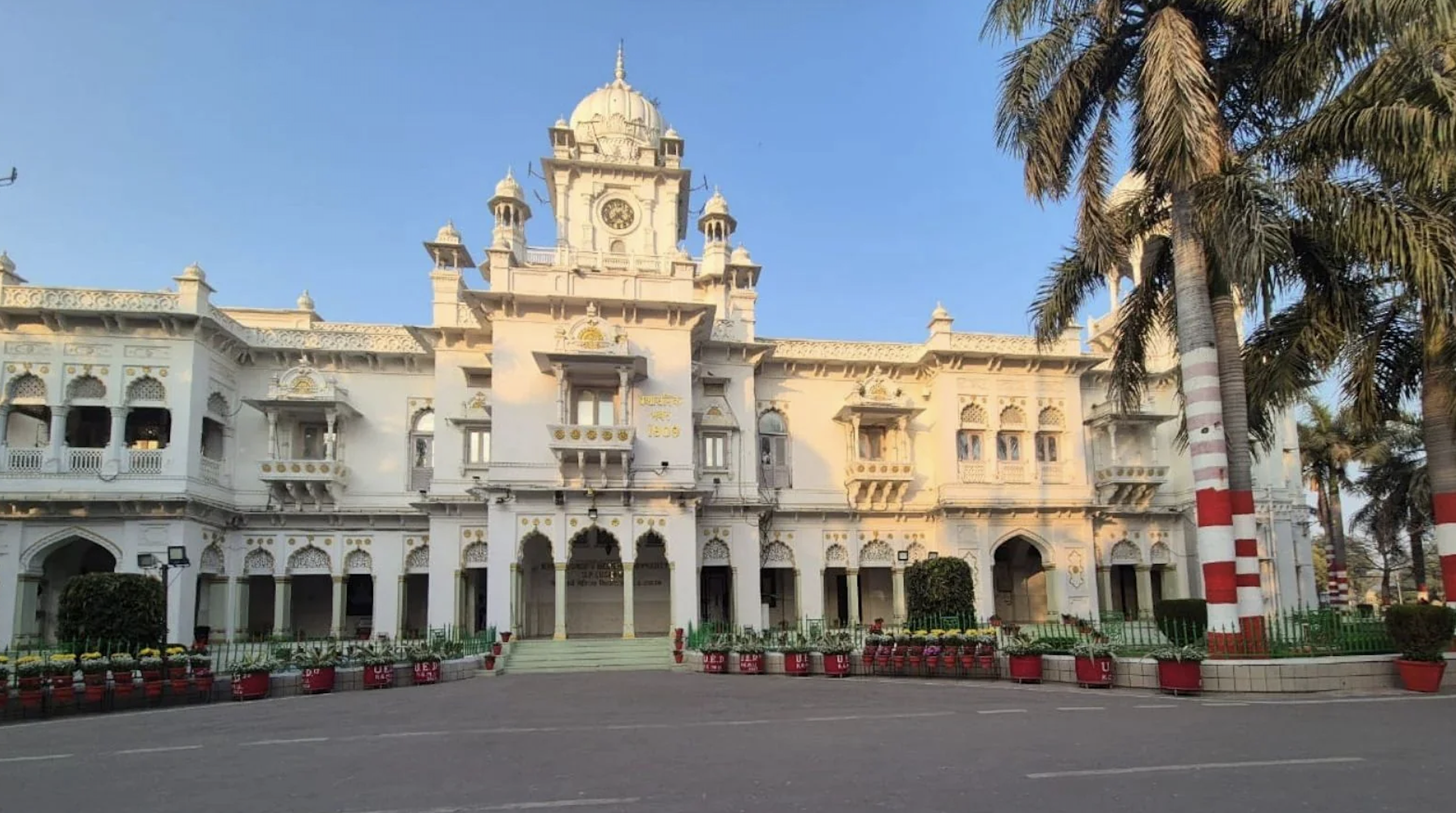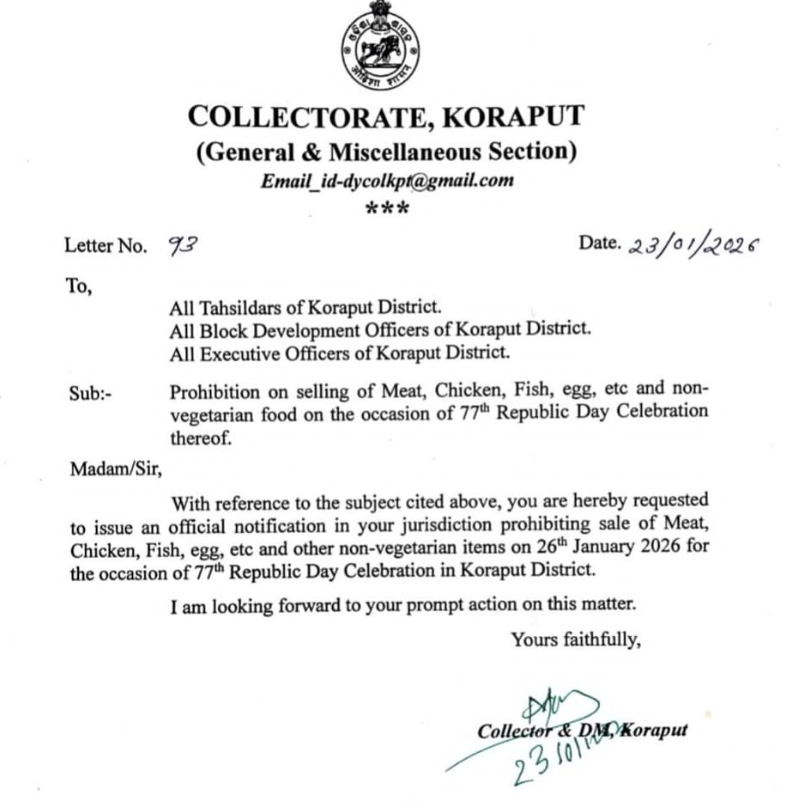
By RAJU RAJAGOPAL / The Print
In a recent lawsuit against the California Civil Rights Department, the Hindu American Foundation asserted that, “a caste system or discrimination on its basis are in no way a legitimate part of Hindu beliefs, teachings, or practices.” It further alleged that the views of CRD are based on “misinformed and misrepresentative assertions about Hinduism by Western colonial occupation.”
The HAF’s complaint is a fallout from the CRD’s caste discrimination case against tech giant CISCO, on behalf of a Dalit employee who alleged systematic discrimination by two savarna (‘upper caste’) supervisors. In its complaint, the CRD had characterised the caste system as a “strict Hindu social and religious hierarchy.”
The Ambedkar King Study Circle has recorded people’s testimonies and individual experiences of how caste discrimination is practised by savarna Hindus in the United States.
The battle lines
The HAF is only one of several diaspora groups drawing their battle lines in response to public allegations of caste discrimination in the American workplace, including educational institutions.
Arrayed on the other side of the issue are several Dalit rights organisations, which are vigorously lobbying the state to add caste as a category of potential discrimination under Title VII of the Civil Rights Act of 1964, which currently lists race, colour, religion, sex, or national origin as “protected” categories. It is only when that happens, they contend, that employers will take the issue of caste discrimination seriously and implement policies to deal with it. CISCO had maintained that they did not act on complaints of caste discrimination because the practice “is not unlawful.”
The Ambedkar International Center (AIC) has filed an amicus brief in the CISCO case, challenging the HAF’s amicus brief, which had argued that the caste system is not part of Hinduism. Several diaspora organisations, including Hindus for Human Rights, have supported the AIC in its effort. The case is still in the courts.
The International Commission for Dalit Rights collaborated with Hindus for Human Rights in preparing an investigative report on caste discrimination in the temple/gurdwara building industry. This was prompted by the highly publicised allegation that the BAPS temple in New Jersey had mistreated its Dalit workers brought in from India. That case is still in the courts.
The Equality Labs (EL) has been at the forefront of the fight on behalf of Dalits and has been lobbying universities to ban discrimination on the basis of caste. Earlier this year, Cal State did just that, over the objections of a section of Indian-Americans who argued that caste discrimination no longer exists and that the university’s move would “provoke hate against Hindus on campus.”
Those arguments were directly challenged by the EL’s caste survey, which found that two out of three Dalits reported being treated unfairly at their American workplace. Also, the experience of Brandeis University, which was the first to ban caste discrimination in 2020, debunked the claim that banning caste discrimination on campus provokes hate against Hindus.
Dalits have not had the same success though in their lobbying efforts with tech giants. Google, under pressure from its large Hindu employee base, cancelled a scheduled workshop earlier this year on caste discrimination. EL’s executive director, Thenmozhi Soundararajan, was forced to deliver her planned remarks on the Internet – in effect challenging other Google employees to ask themselves what it is in her remarks that so threatened the Google management.
This story was originally published in theprint.in . Read the full story here


